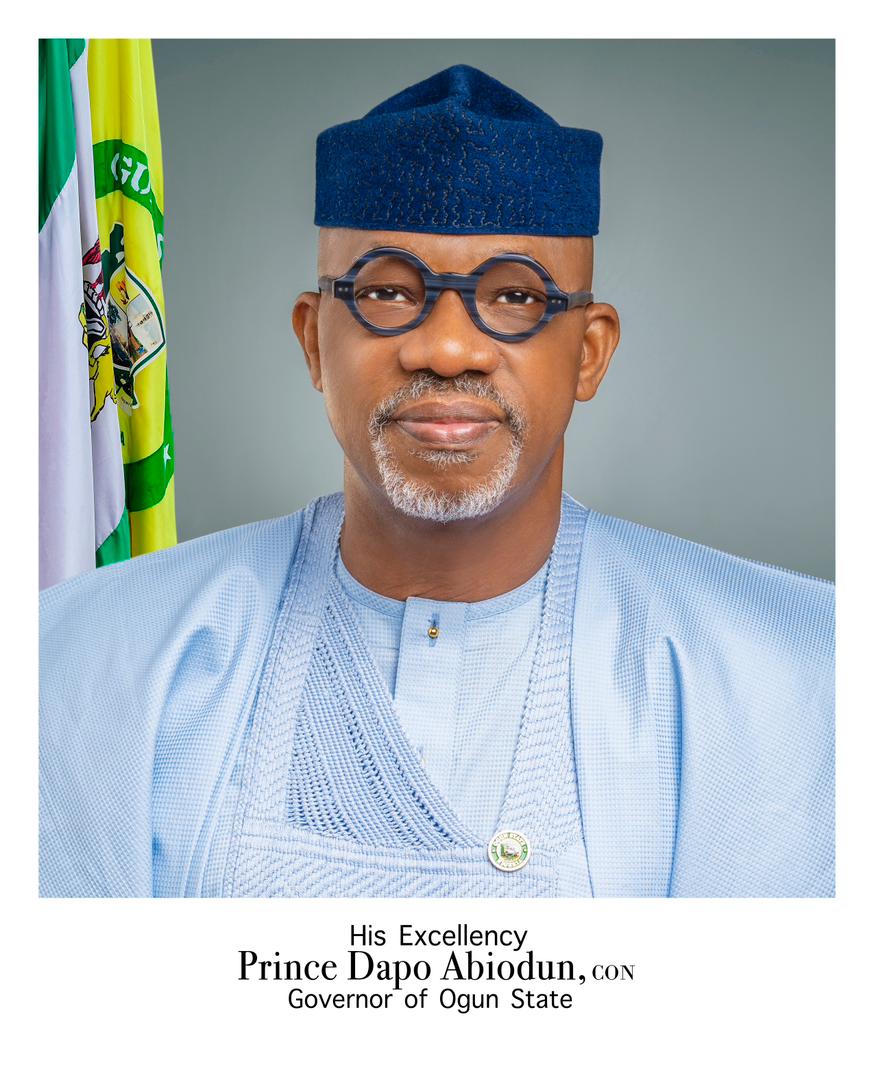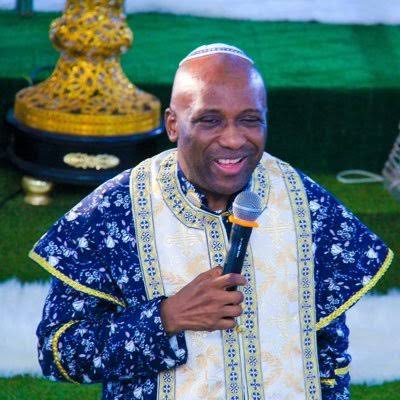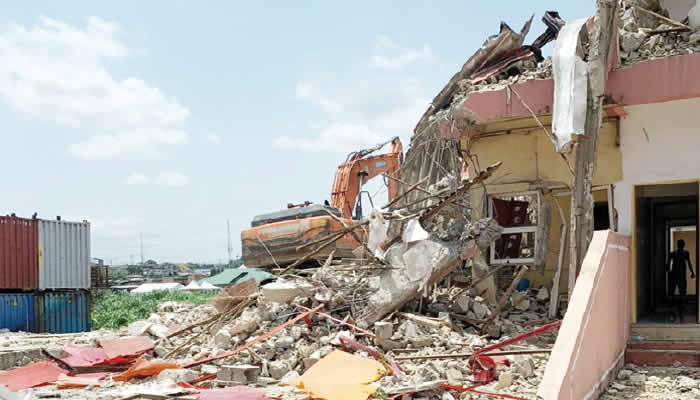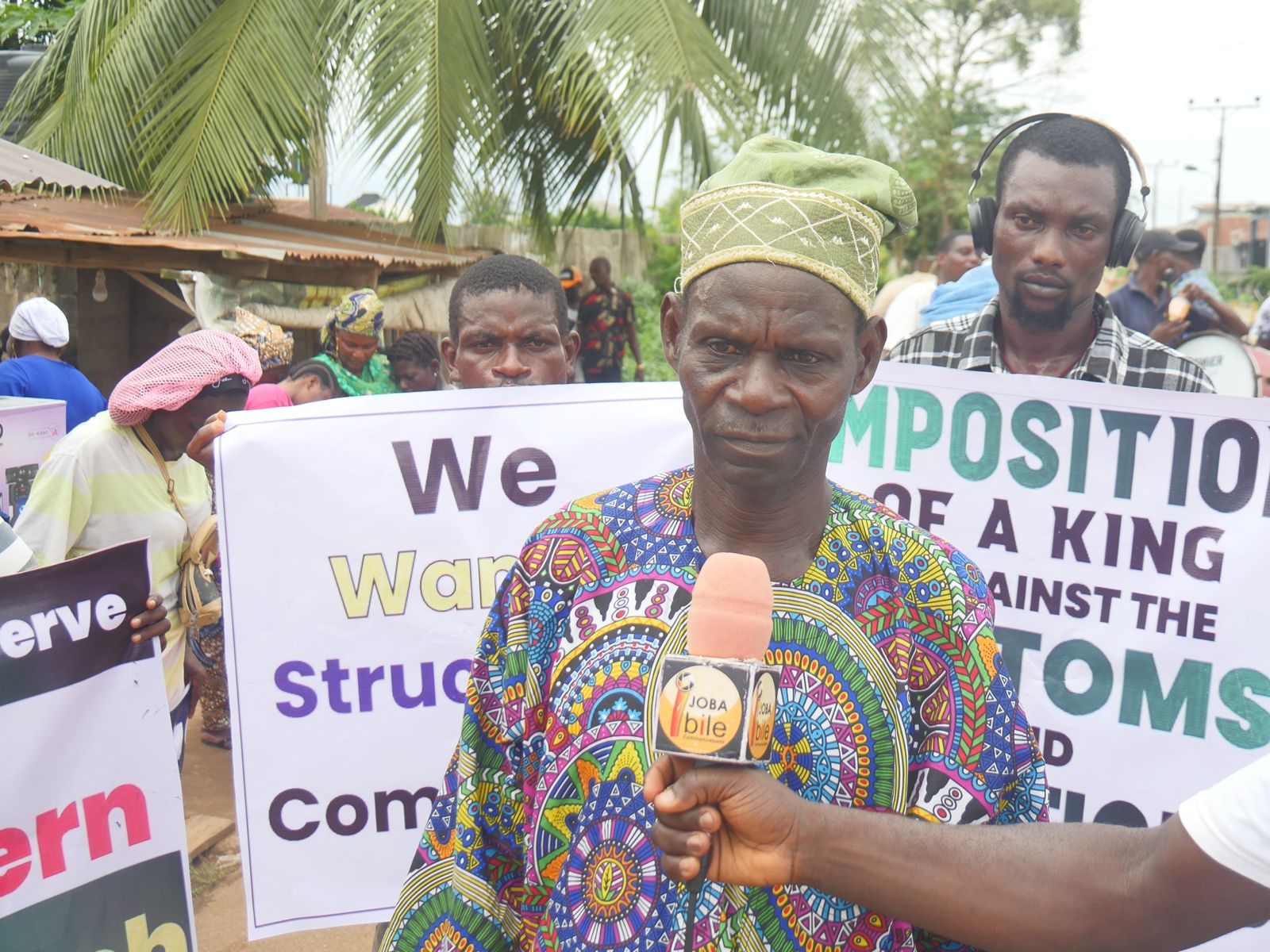Mende Estate: Lagos homeowners decry demolition, seek compensation
Sadly, the residents of Mende Estate Villa in the Maryland area of Lagos State have decried the recent demolition of their multimillion naira houses in the area by the Lagos State Government while seeking compensation for a new shelter.
Our correspondent, who visited the area on Sunday, observed how the estate’s homes were destroyed and how the occupants hastily packed their possessions to leave.
Speaking with PUNCH Metro, some residents bemoaned how terrible it was to exit their houses without having a backup plan and a comfortable place to sleep.
PUNCH Metro had reported that the state Commissioner of Environment and Water Resources, Tokunbo Wahab, had said the demolition was needed to reclaim the Odo Iya Laro drainage channel.
Also, a popular Nigerian singer, Yemi Alade, had decried the demolition carried out at the estate while stating that such action would discourage those interested in investing in real estate in the state.
A member of the resident association who pleaded anonymity claimed that the residents tried to negotiate with the Lagos State Government but were ignored and that they were not given any prior notice before the demolition began on Saturday.
“The Lagos State Government came and said they wanted to demolish the place. They did not serve us any letter of demolition. We were negotiating with the government yesterday (on Saturday), and before we knew it, they just moved in with their bulldozer.”
He added that although there were miscreants in the estate, the security guards were making every effort to stop them from stealing their possessions.
“They have not told us what they want the estate for. All they said was that we were too close to the canal. Miscreants are everywhere, and the security officers are trying to prevent them from stealing anything because residents’ properties are scattered everywhere,” he lamented.
Another resident in the area, simply identified as Kayode, said the government asserted that the houses were too close to the canal and that they had yet to discuss with the residents.
Kayode added, “Nothing has been said so far. We are hoping that they will come and have a discussion with us. For now, all we know is that we have to move out. They do not care where we will move. They have started demolishing areas around a bridge in the area, and we never thought it would get to our area.”
He stated that the issue might potentially end in court, and he was hoping that the appropriate party would win.
“They said the houses are too close to the canal, but they should have known before now because before we all built all the houses, we got approval from the government. I am sure the issue will end up in court, and the court can decide who they think is right,“ he said.
Another resident, simply identified as Tega, claimed that the residents’ biggest nightmare came true when the government gave them two hours to leave their houses.
She said, “We did not get any prior notification. They gave us two hours to exit the estate. They told us yesterday (on Saturday). Most people have moved out since then, and we are just trying to get the pieces today. It is the worst nightmare for some of the families here.”
When contacted, the Commissioner for Information, Gbenga Omotoso, stated that before the demolition, several meetings were held with the residents.
Omotoso said, “The government cannot be so heartless as to tell people to leave their homes in two hours. The Commissioner for Environment was on Arise News Television this morning (Sunday), and he explained everything.
“He explained how many years they had been at it, even before he came to office. On his social media page, he released a series of videos of meetings he had with them.
He added that the state Commissioner of Environment and Water Resources paid a visit to the estate two weeks ago and engaged in negotiations with the residents, adding that the community at large needed to be prevented from flooding.
“He was there last week and two weeks ago. It is not true that they were given two hours. They have been negotiating with them, but the thing is, we do not look at the larger picture.
“If we say one house must stay and the whole community will have to suffer when there is flooding, then that is not right. No one can exit them without prior notice in a country that is governed by law. Should they be compensated for building on drainage channels? I have never heard of that, and the law does not say so.”
@PUNCHNG





 Business7 months ago
Business7 months ago
 celebrity radar - gossips5 months ago
celebrity radar - gossips5 months ago
 celebrity radar - gossips4 months ago
celebrity radar - gossips4 months ago
 Business3 months ago
Business3 months ago












